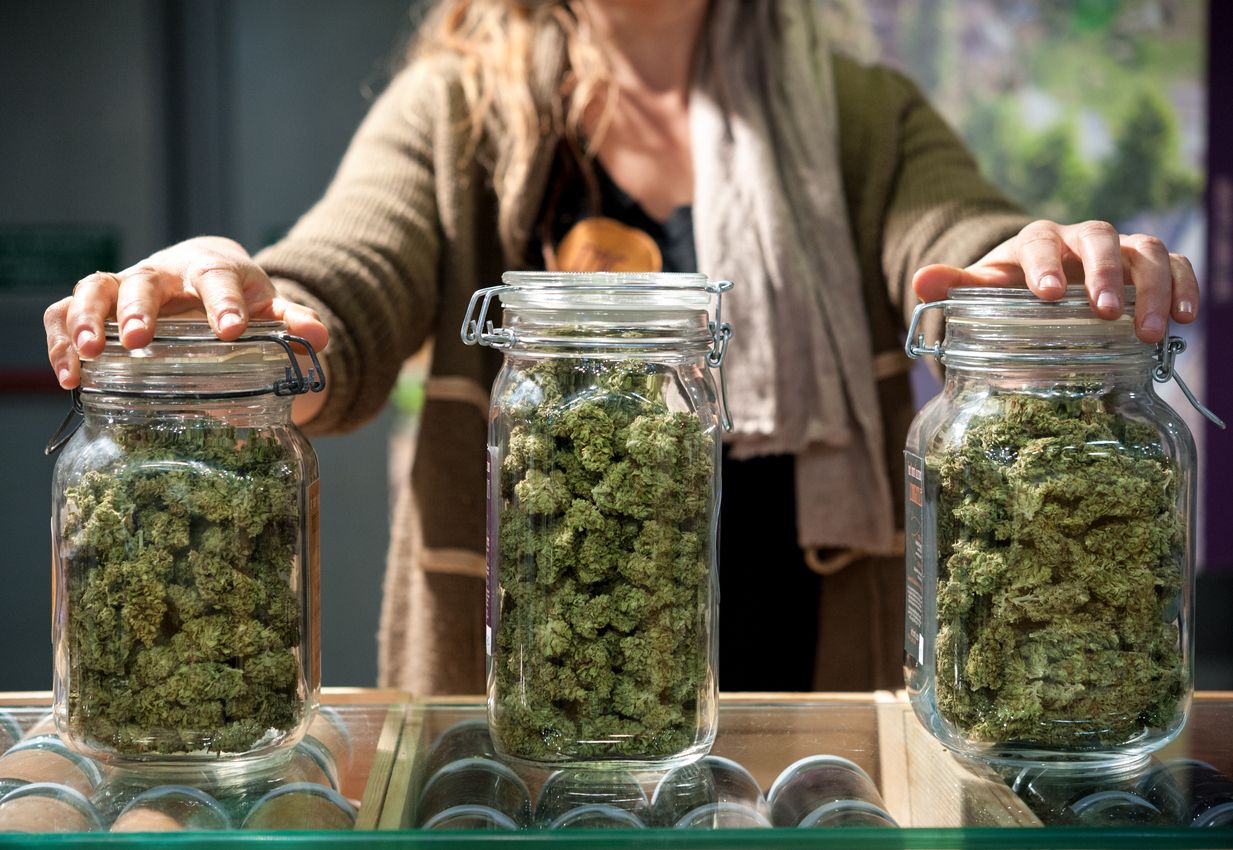A few important things you should know before using medical marijuana to self-medicate

THC or tetrahydrocannabinol is the euphoria-inducing chemical found in the marijuana plant. It is responsible for the psychoactive experiences experienced when marijuana is consumed and can stay in your body for several days, and sometimes, even weeks.
When thinking about if you should self-medicate or not, you may need to take into consideration how long the chemical stays in your body. This may be necessary for you to understand how long the effects are going to last, or how long you need to quit before a drug test. With this information, you will also be able to monitor when you should expect start to feel the sensations of withdrawal.
How long does THC stay in your system?
This can depend on several different factors, including:
1. Age
2. Ethnicity
3. Sex
4. Weight
5. The dose
These factors can help to supply a reason for why no two people have the same experience or reaction to any drug, including marijuana.
How long does THC stay in your system is a question needing to be answered. For those working in environments with strict regulation around cannabis use, this could be a concern.
Self-medicating involves the process of administering a treatment with no consultation with a doctor. If you have taken over the counter medication for a headache, you have probably self-medicated yourself.
Here are a few more things that need to be taken into consideration when using medical marijuana to self-medicate
1. The determination of the correct dosage is difficult.
This process involves a trial and error to make sure that you’re provided with the most effective dose. What form of cannabis can be instrumental in finding the correct dosing? CBD taken for medicinal reasons reacts much differently than using dried cannabis.
2. Indica versus Sativa, which strain is the best for you?
Without consulting with a marijuana informed health professional, the correct strain for your medical condition may be challenging to find.
3. Your doctor may have valid medical concerns with you using cannabis to medicate your health issues.
Medically you may have conditions that could interact with cannabis. If your doctor is not cannabis positive, then you may need to contact a cannabis clinic and ask for a second opinion.
4. Drug interactions noted with cannabis consumption.
Marijuana use can affect the effectiveness of medication for blood thinners, pain, anti-epileptic drug interactions, and blood sugars.
5. Side-effects, although few are noted with the use of cannabis. Most of the effects are non-severe, but there have been incidents of paranoia. The advice of a health professional is advisable.
Indica vs Sativa
Deciding what marijuana strain, you should use whether Indica versus Sativa may require the knowledge of an informed health provider. Unfortunately, not everyone has access to a knowledgeable healthcare professional, and for them, the most important tool to utilize is online information about specific types of weed, including the effects that you can expect from them. To help, here are a few important aspects to consider when choosing between Indica vs Sativa.
Indica
Indica strains typically have short bushy plants. The plants have wide leaves. The medicine produced from Indica strains are often higher in CBD than the component THC characteristics can include:
· Muscle relaxation
· Increase in appetite
· Decreases acute pain
· Great for nighttime use
· Decreases nausea
· Increased mental relaxation
Some wonderful Indica strains for medication are Raphael and Afghani.
Sativa
Sativa strains grow thin and tall with narrow leaves. They present with almost an opposite mirror image of the Indica plant. Sativa plants are higher in THC for medicinal use than CBD. The major qualities produced from this plant include:
· Anti-depressant
· Treats chronic pain
· Increases focus and creativity
· Anti-anxiety
· Increases serotonin great for regulating mood, anxiety, and appetite
· Perfect for daytime use
Some wonderful Sativa strains to use for medication are Happy Feet and Jack Herer,
Remember, that if you are planning to use medical marijuana for self-medicating and are looking for a method safer than smoking a joint, try vaping? In particular, try a CBD vape; this could be the answer to a fast response from your medication without the negative effects of combusting your medical marijuana.


